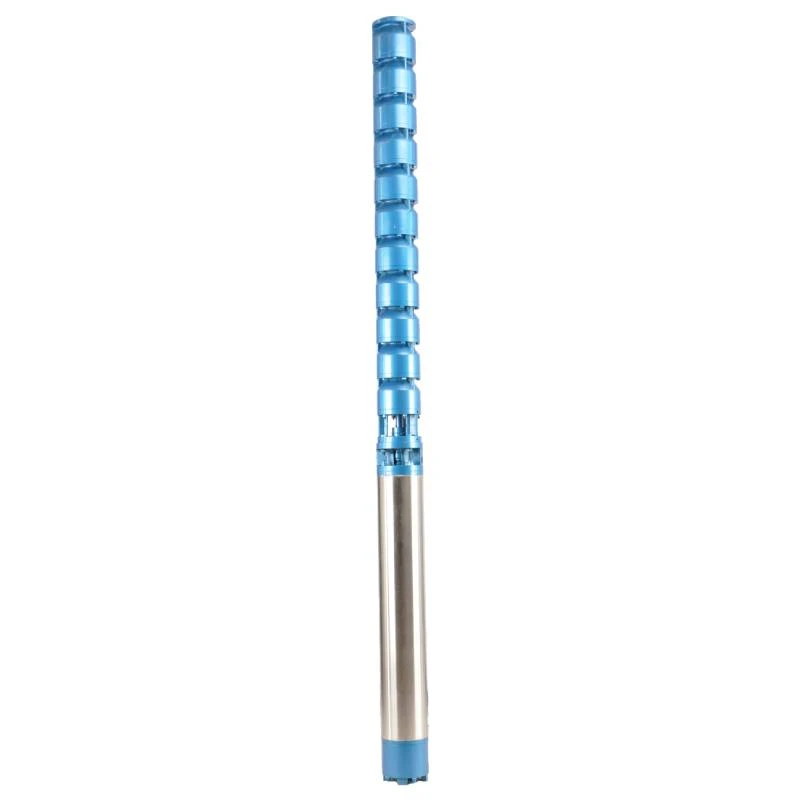Sep . 25, 2024 10:00 Back to list
Submersible Water Pumps for Efficient Underground Water Extraction and Management Solutions
The Importance of Water Submersible Pumps in Modern Water Management
Water is an essential resource for life on Earth, making effective water management critical for agricultural, industrial, and residential needs. Among the various technologies available for water extraction and transportation, submersible pumps have emerged as a vital solution. These specialized pumps are designed to operate underwater, providing efficient and reliable water movement for multiple applications.
What is a Submersible Pump?
A submersible pump is a device that is submerged in water and is capable of pumping water from deep wells, lakes, or any other underwater sources. Unlike conventional pumps that are installed above ground and require a suction mechanism, submersible pumps consist of a sealed motor that operates underwater. This design eliminates the need for suction and allows for greater efficiency and reliability.
Key Features and Benefits
The primary advantage of submersible pumps is their ability to handle a large volume of water with minimal energy consumption. The motor is directly coupled to the pump and is typically hermetically sealed, which prevents water from entering and damaging the electrical components. This design ensures longevity and reduced maintenance requirements compared to surface pumps.
Submersible pumps are also highly versatile and adaptable to various applications. They are commonly used in municipal water systems to supply drinking water, in agriculture for irrigation purposes, and in construction sites to dewater excavations. Their ability to operate efficiently at varying depths makes them an ideal choice for deep well applications, where surface pumps would struggle.
Applications in Agriculture
water submersible pump

In agriculture, water submersible pumps play a crucial role in irrigation systems. Farmers rely on these pumps to extract water from wells or rivers and distribute it across fields. By using submersible pumps, farmers can ensure their crops receive adequate hydration, especially in regions prone to drought. This capability enhances crop yield and quality, contributing to food security and sustainable farming practices.
Environmental Considerations
Environmental concerns are paramount in today's world. The efficient operation of submersible pumps helps to minimize water wastage, ensuring optimal use of this vital resource. Additionally, many modern submersible pump systems include features such as automatic controls and sensors to monitor water levels, allowing for smart irrigation and reducing energy consumption.
However, with the increasing reliance on these pumps, there are challenges to consider. Over-extraction of groundwater can lead to depletion of aquifers, which may affect local ecosystems. It is crucial for users to implement responsible water management practices to maintain a balance between water usage and environmental sustainability.
Conclusion
Water submersible pumps are an integral part of modern water management systems. Their efficiency, adaptability, and ease of use make them indispensable in various sectors, from agriculture to municipal water supply. As the demand for water continues to grow due to population increases and climate change, the role of these pumps will only become more significant.
Investing in advanced submersible pump technology can lead to more sustainable water use and management. By embracing responsible practices and innovative solutions, we can ensure that this essential resource is available for future generations. Ultimately, the effective use of submersible pumps contributes to not only economic development but also the preservation of our natural environment, making them a vital tool in the journey toward sustainable water management.
-
Submersible Water Pump: The Efficient 'Power Pioneer' of the Underwater World
NewsJul.01,2025
-
Submersible Pond Pump: The Hidden Guardian of Water Landscape Ecology
NewsJul.01,2025
-
Stainless Well Pump: A Reliable and Durable Pumping Main Force
NewsJul.01,2025
-
Stainless Steel Submersible Pump: An Efficient and Versatile Tool for Underwater Operations
NewsJul.01,2025
-
Deep Well Submersible Pump: An Efficient 'Sucker' of Groundwater Sources
NewsJul.01,2025
-
Deep Water Well Pump: An Efficient 'Sucker' of Groundwater Sources
NewsJul.01,2025
-
 Submersible Water Pump: The Efficient 'Power Pioneer' of the Underwater WorldIn the field of hydraulic equipment, the Submersible Water Pump has become the core equipment for underwater operations and water resource transportation due to its unique design and excellent performance.Detail
Submersible Water Pump: The Efficient 'Power Pioneer' of the Underwater WorldIn the field of hydraulic equipment, the Submersible Water Pump has become the core equipment for underwater operations and water resource transportation due to its unique design and excellent performance.Detail -
 Submersible Pond Pump: The Hidden Guardian of Water Landscape EcologyIn courtyard landscapes, ecological ponds, and even small-scale water conservancy projects, there is a silent yet indispensable equipment - the Submersible Pond Pump.Detail
Submersible Pond Pump: The Hidden Guardian of Water Landscape EcologyIn courtyard landscapes, ecological ponds, and even small-scale water conservancy projects, there is a silent yet indispensable equipment - the Submersible Pond Pump.Detail -
 Stainless Well Pump: A Reliable and Durable Pumping Main ForceIn the field of water resource transportation, Stainless Well Pump has become the core equipment for various pumping scenarios with its excellent performance and reliable quality.Detail
Stainless Well Pump: A Reliable and Durable Pumping Main ForceIn the field of water resource transportation, Stainless Well Pump has become the core equipment for various pumping scenarios with its excellent performance and reliable quality.Detail
